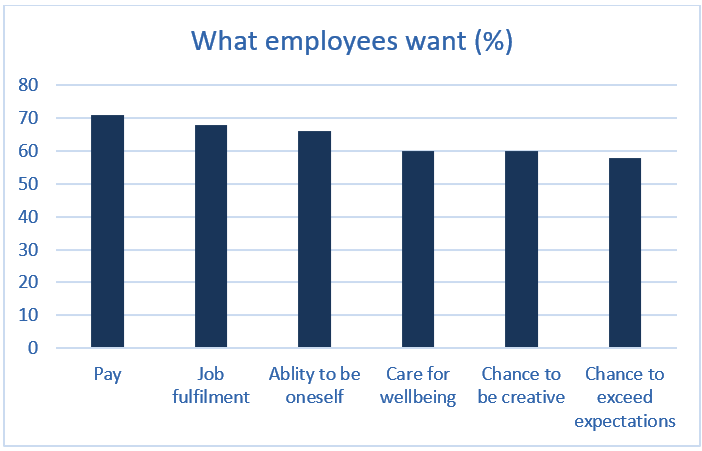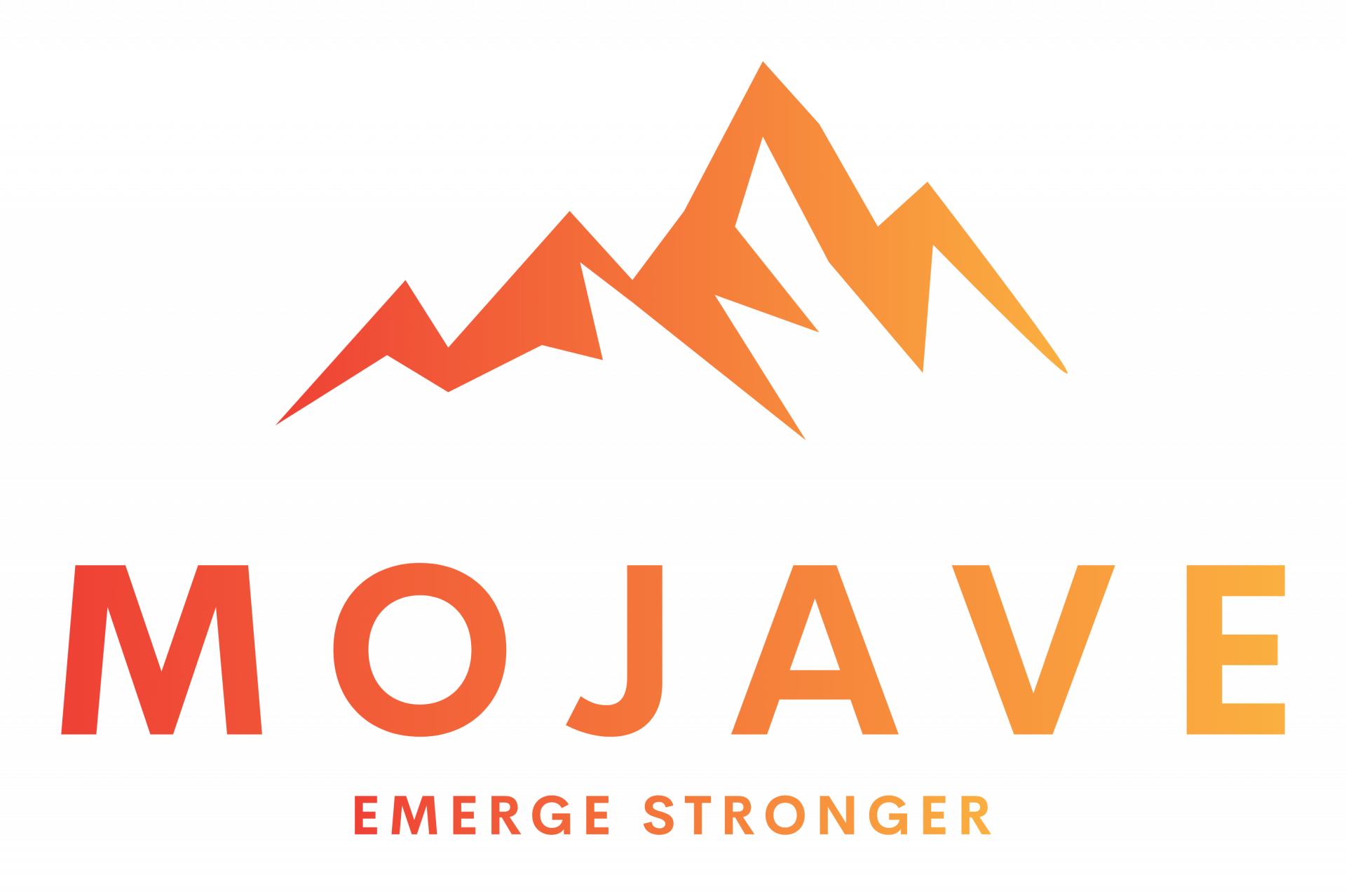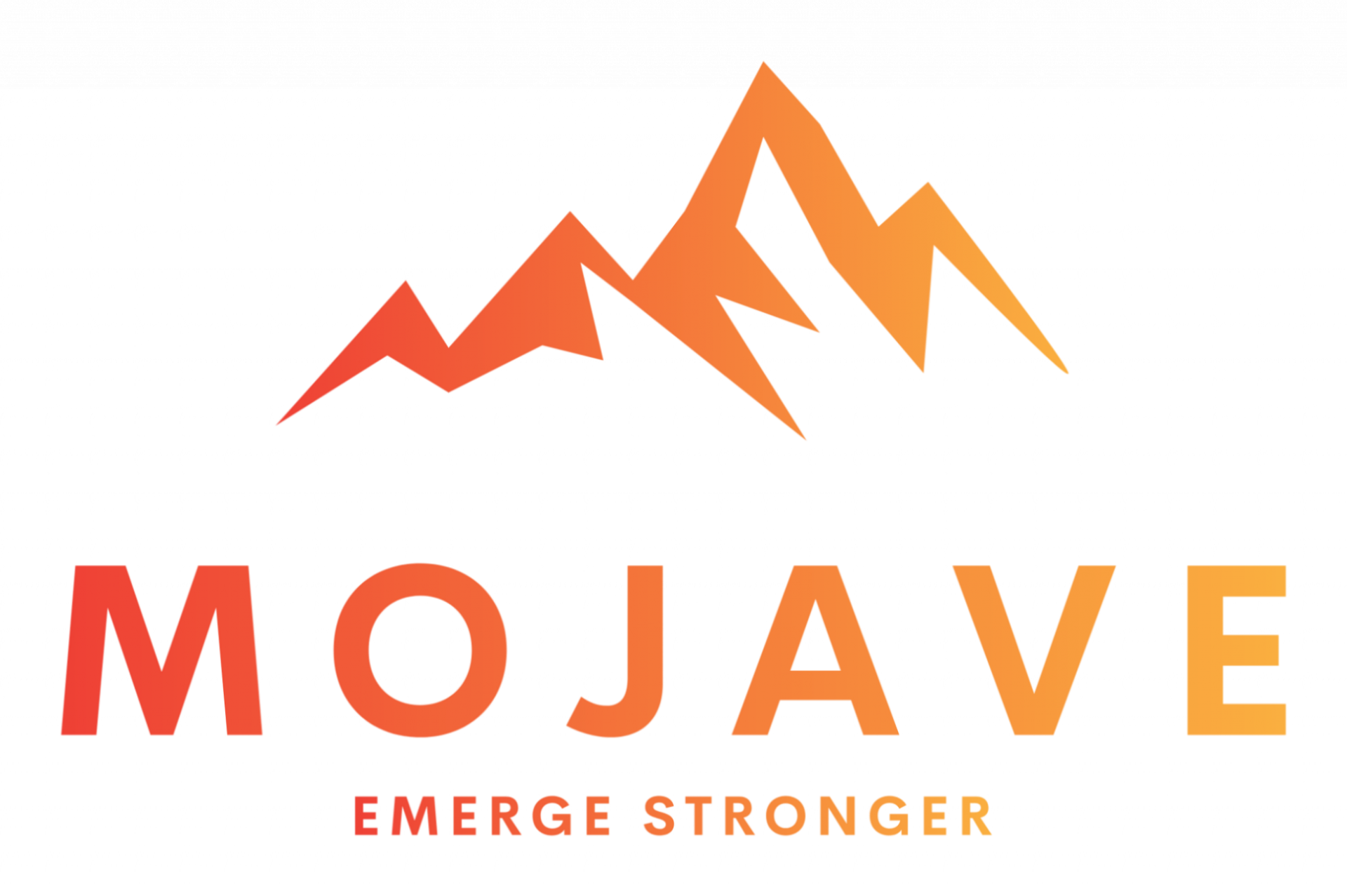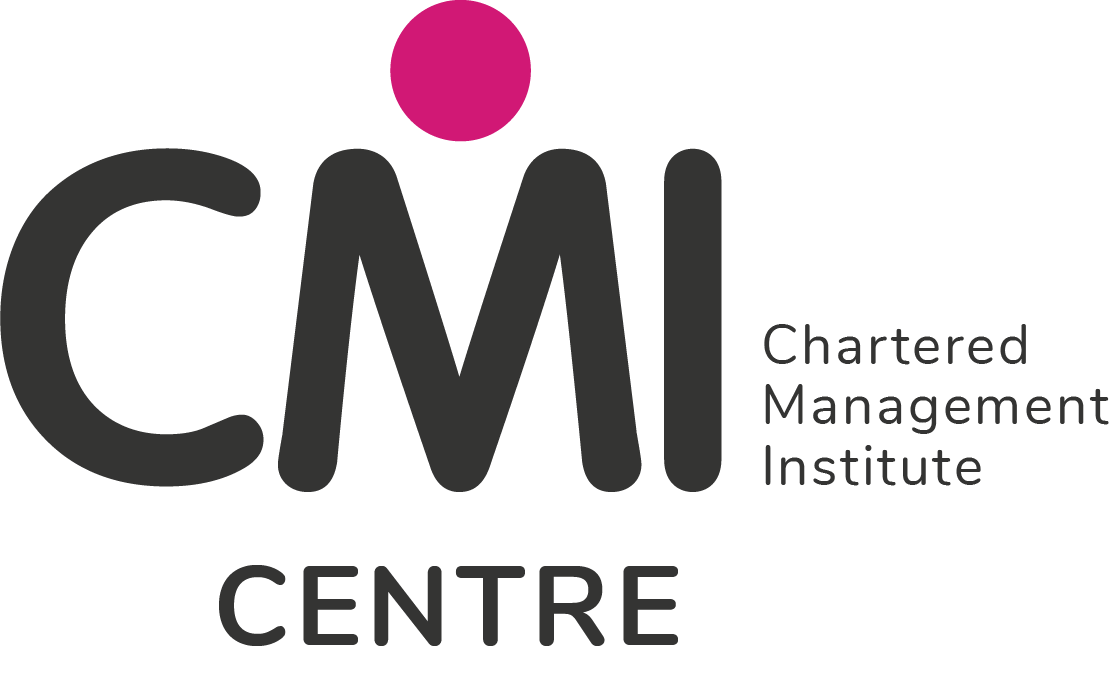A tonic to the rise of consulting
Nick O'Sullivan - Mojave Training
Management consulting firms have grown in size and impact during the last 50 years and are expected to grow even more in future.
Is that a good thing for organisations and employees? And what are the alternatives?
Mojave founders Nick O’Sullivan and Simon Shaw weigh up the evidence.
Is that a good thing for organisations and employees? And what are the alternatives?
Mojave founders Nick O’Sullivan and Simon Shaw weigh up the evidence.
The growth of the consultancy business
In the February 2020 edition of The Atlantic, Yale University law professor Daniel Markovits observes that from the middle of the 20th century management consulting firms have prioritised returns to shareholders by stripping out costs to improve the bottom line. This invariably means ‘losing’ layers of managers. The management void that is left, he says, is then filled by the very management consultants who created it.
As well as a significant expansion of management consultants, the outsourcing of middle management in US companies has had three other effects, not all of them good. It has left fewer opportunities for employees to climb the promotion ladder. It has led to the polarisation of pay between lower and higher level employees – after all, the costs savings had to go and they seemingly went on expanding executive pay scales: top bosses today get up to 300 times the salary of lower level workers. And it has piroritised qualifications over experience, as the most qualified people form the best academic institutions are quickly put into consultancy roles and positions of influence which would have taken much longer if they had taken the traditional route and worked their way up through the company.
The problem for people
These effects help to explain why one in five workers plan to quit their jobs within nine months. The chart below shows the five top things people look for in a job:

Source: PWC Global Workforce Hopes and Fears Survey 2022
You can see the problem. If the growth of consulting has constrained promotion and pay, reduced people’s ability to grow and develop via middle management roles, and set the tone that qualifications matter more than experience – then the fact that people are dissatisfied enough with their work to want to leave should not come as a surprise.
What should forward-thinking employers do?
Many employers are starting to realise that empowering their people is a way to retain talent, not lose it. is important for the business as well as employees. In October 2021 the expert panel at Forbes Business Council identified ways to empower employees. Pretty much all of them involve employees working more closely with executive teams in solving business challenges. Whether it’s mentoring staff and allowing them to learn from mistakes, getting them involved in problem solving sessions, listening to their ideas on difficult issues, or giving them more responsibility and autonomy - all of them translate to much the same thing. Allow people to progress and make your organisation a place where they can grow and earn more.

It is fairly obvious that loyalty and belief in the organisation come from offering employees a route to personal and financial growth. So why are businesses so ready to outsource their challenges to consultants? After all, compared to existing employees, someone coming in from outside doesn’t know the business as well, doesn’t care about it as much, and may not be around for long enough to see if their solution actually works. Essentially, they have less of a stake in the game to be won. So why not involve the people who know the issues best, who have a greater interest in a successful outcome and who, ultimately, will be the ones to deliver the solution?
When consultancy is a good option
Of course, there’s a valid reason for bringing in consultants from time to time. You might need access to more knowledge than you have internally, so specialist consultants have their place. You might want to ensure the business doesn’t suffer from group think, in which case use consultants to give a fresh perspective but still involve people from your own teams too. Or you might feel your own teams don’t have the skills, experience, or insight required to make significant changes on their own.
In situations like these there should be real upside from involving consultants. But remember that it always comes at a cost – not just direct fees (which can be hefty) but also in terms of the opportunity cost of not empowering your own teams and growing their talent for the longer term.
An alternative option- develop your people
The arguments discussed so far are a key reason why we decided to build Mojave. We think consultants do a great job. Faced with a difficult or complex problem, boards and executive teams might well benefit from asking people who deal with problems like this all the time to help. There’s a place for experts from outside.
But it doesn’t necessarily fix the issue long term. Wouldn’t it be better if businesses developed their own people to tackle difficult problems and challenges internally? After all, they’re definitely not going away. The alternative option (and it may be complementary to using consultants) is to develop employees with the right knowledge and skills, trust them to find and execute solutions, and build confidence in the business’s own capabilities. Or you can watch them leave and join a consulting firm instead because that’s where the pay and the development opportunities are.
We would like to see many more businesses, charities and NGOs take the alternative option and develop their own people to tackle problems and challenges rather than just outsourcing them. That’s how they will empower their business and become more resilient in the long term. It will also make employees feel trusted and valued and make then more likely to stay and give of their best.
The Mojave way
Cards on the table, Mojave does offer a consulting service. But with a difference. We only agree to do it if we can help to tackle the challenge as a means to develop the existing team so that next time they are confident enough to do it themselves. We don’t think we can solve an organisation’s problems for it. We see it instead as an opportunity to enable the development of people while addressing challenges they really understand and care about solving.
There is no better feeling than realising you’re capable of far more than you thought you were. People, teams, and whole organisations just need to be given the opportunity to discover that with the right support they can do something they weren’t sure they could. That’s the Mojave way.


Please contact me!
Please get in touch with more information about the Mojave Strategy Expedition Programme, and show me how my organisation can emerge stronger.
Thank you!
Karen Goldring FCIPD
Karen had an extensive and hugely successful career in strategic HR before becoming a leadership coach. From rapid growth SMEs to large global corporates, Karen has gained immensely valuable insights and a thorough understanding of what it takes to make people and their teams high performing. She has particular experience working within fast paced tech companies.
A qualified Insights Practitioner - one of the leadership models we wholly rate here at Mojave due to its pragmatism and relevance to lived experience - Karen offers teams and their members the ability to really understand themselves and each other. From the informed start point that results from the Insights process, Karen will work with you to identify the objectives that matter most to you and your organisation, and ensure you get there.
Click below to learn more about Karen and whether she’s the right kind of coach for you..
Piers Mummery
He has
built, grown, sold, bought funded and capitalised a whole range of businesses,
and he’s learned loads in the process. One of the things he’s learned is
that he loves helping others do the same.
As he says on his website, there are no magic answers, but applying a few basic fundamentals well, consistently and in the right way for you and your business is key. And it’s that acknowledgement that the right way will vary for each of us that means we are proud to work with Piers as a coach who is totally aligned with our own values and philosophy.
As he says on his website, there are no magic answers, but applying a few basic fundamentals well, consistently and in the right way for you and your business is key. And it’s that acknowledgement that the right way will vary for each of us that means we are proud to work with Piers as a coach who is totally aligned with our own values and philosophy.
Click below to learn more about Piers and whether he’s the right kind of coach for you..
Rachel Smith
Formerly an architect, Rachel herself began to realise that she could process and articulate her own ideas far more effectively through visuals. What began as a process to enable her to be more effective in her own career soon evolved into a process that could help others exceed in theirs.
As an accredited executive coach and visual thinking teacher, Rachel’s incredible skills enable her to draw the thoughts and ideas her clients articulate. Being able to ‘see what you say’ as you work through each session can be incredibly powerful in enabling you to identify new connections or blockers that can otherwise remain hidden.
Click below to learn more about Rachel and whether she’s the right kind of coach for you..
Write your awesome label here.
Notify me!
When the next series of Leading People online workshop dates are released.
Thank you!
Leading Operations
Thank you!
Write your awesome label here.



